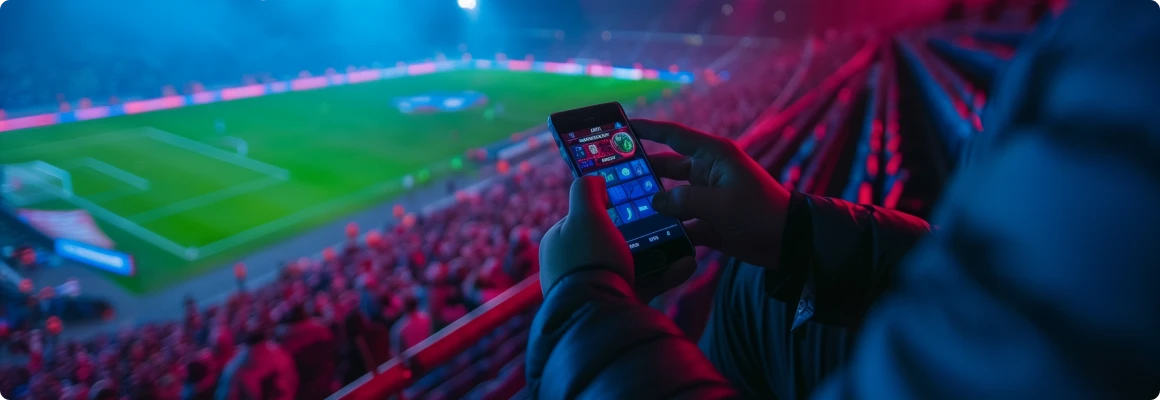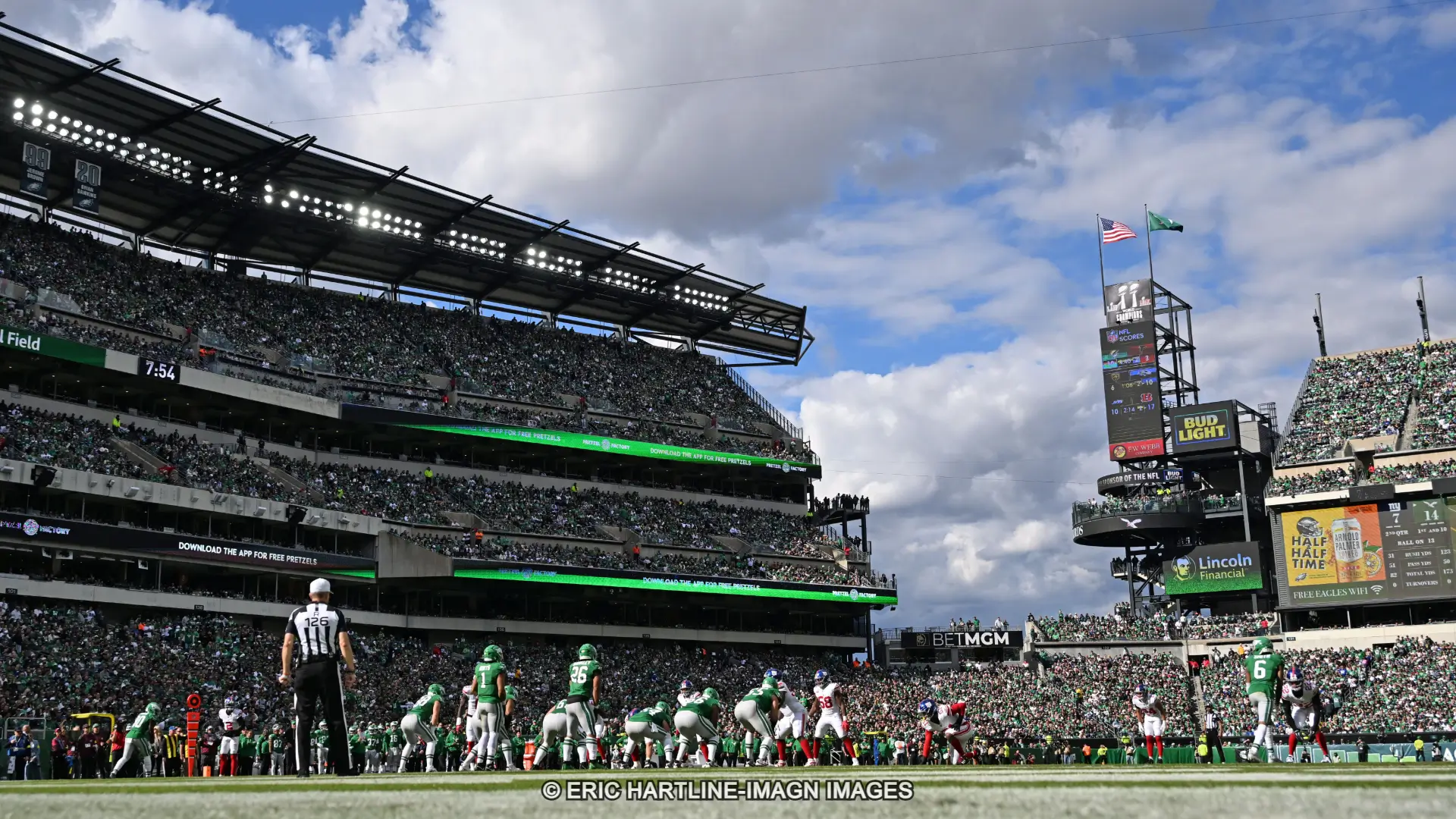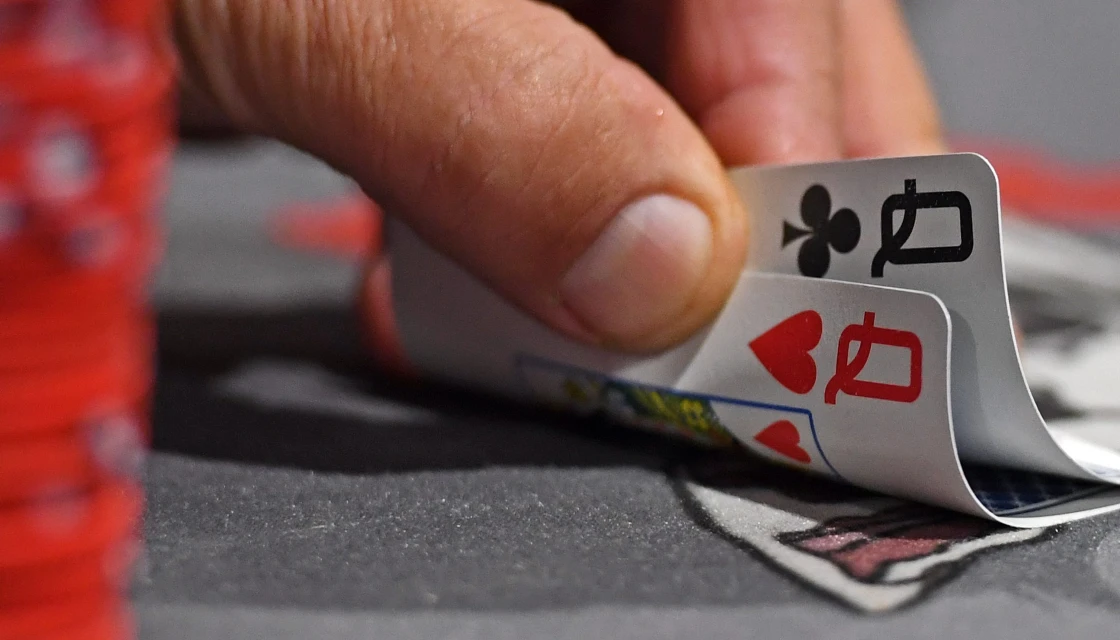Sports wagering and gaming jurisdictions, on a daily basis, are trying to educate the public on problem gaming awareness and the effects of gambling addiction.
When an individual has a problem and actually self-reports, that is the first step on the road to recovery.
The Pennsylvania Gaming Control Board (PGCB) announced that on June 5 it had received its 20,000th voluntary request to be excluded from entering and participating in gaming activities under the state agency’s Casino Self-Exclusion Program.
Founded in 2006, the Casino Self-Exclusion Program permits individuals to request that they be banned from entering and gambling at a Pennsylvania sports betting location or casino for one year, five years or a lifetime.
While on this list, gaming facilities in the Commonwealth must refuse wagers and deny any gaming privileges to that person and deny check cashing privileges, player club membership, complimentary goods and services and other benefits.
PGCB Encourages Use of Self-Exclusion
“The Casino Self-Exclusion Program, along with the agency’s three other self-exclusion programs, are effective and proven tools that allow for individuals to regain control over their lives, and to learn about other recovery resources,” said Elizabeth Lanza, director of the Office of Compulsive and Problem Gambling (OCPG), in a news release. “The Pennsylvania Gaming Control Board encourages anyone who thinks they may have a gambling problem to seek treatment and consider taking advantage of the voluntary Self-Exclusion Programs.”
Lanza added that many individuals enrolled in the Casino Self-Exclusion Program not only engaged in slot machine and table games gambling but other gaming activities regulated by the PGCB such as online casino-type games (iGaming), sports wagering, video gaming terminals (VGTs) at truck stops and fantasy sports.
PA online casinos are legal, which is the case in only a half-dozen states.
In addition, self-excluded individuals are informed at the time when they agree to be placed on the list that they could be charged with criminal trespass if they enter a Pennsylvania casino and have any gambling winnings confiscated related to that casino visit.
Other data released form the PGCB:
- 21% (4,335) of the individuals who did report chose the lifetime ban.
- 12,811 males and 7,189 females have enrolled, ranging from the ages of 21-102.
- 1,026 self-excluded individuals chose to re-enroll in the program after previously removing their name from the list, including 307 who selected a lifetime ban at reenrollment.
In 2019, the state instituted additional Self-Exclusion programs. In those programs: 3,778 (iGaming), 1,467 (VGTs (Video Gaming Terminals) and 797 (fantasy sports) individuals self-excluded from those activities.






